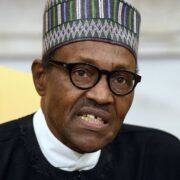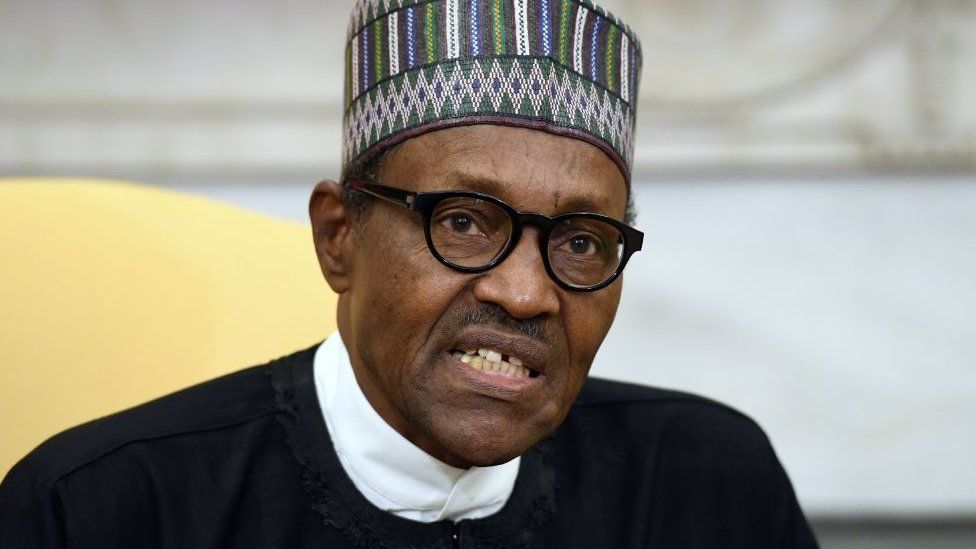Nigeria’s political landscape was thrown into mourning on Sunday following the passing of former President Muhammadu Buhari, one of the country’s most influential and enduring post-independence figures. He was 81.
Buhari died in the United Kingdom, where he had reportedly been receiving treatment for an undisclosed illness. The announcement of his death came via a brief statement from his longtime media aide, Mallam Garba Shehu, posted on X (formerly Twitter) at 5:11 p.m.
“The family of the former President has announced the passing on of the former President of Nigeria, Muhammadu Buhari, GCFR, this afternoon in a clinic in London,” the statement read. “May Allah accept him in Aljannatul Firdaus, Amin.”
Born on December 17, 1942, in Daura, Katsina State, Buhari rose through military ranks to eventually rule the country as Head of State from 1984 to 1985 following a coup. After a decades-long political journey, he returned to power as a democratically elected president in 2015 the first opposition candidate to defeat an incumbent at the polls.
He led Africa’s most populous country for eight years, leaving office in May 2023. His presidency was shaped by a three-pronged agenda anti-corruption, security, and infrastructure although his administration was also criticised for a sluggish economy, rising insecurity, and concerns over human rights and press freedom.
In many parts of northern Nigeria, Buhari remained a revered figure known for his austere lifestyle and strict personal discipline. Yet, his legacy remains hotly debated lauded by supporters for instilling accountability and order but faulted by critics for economic mismanagement and medical absenteeism from governance.


